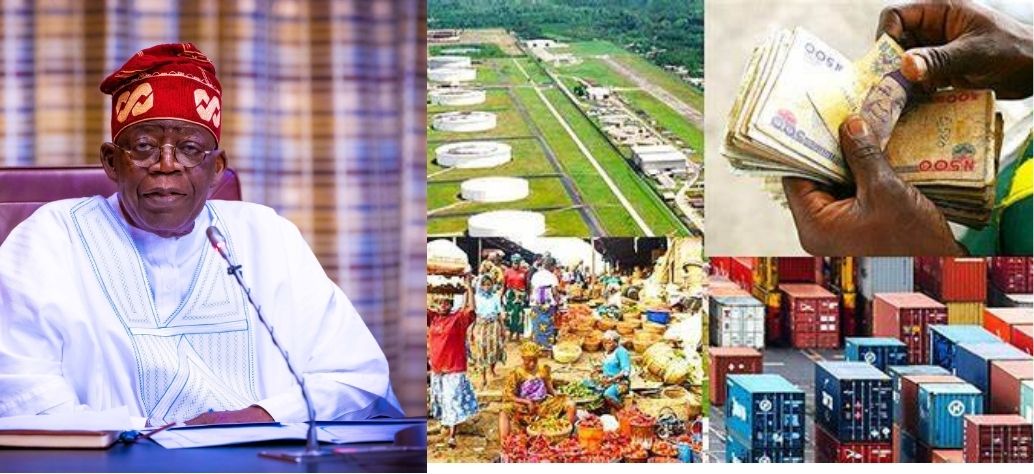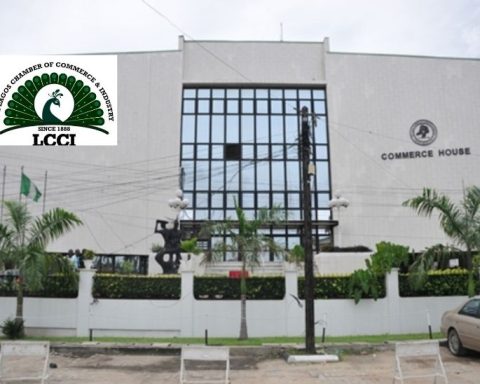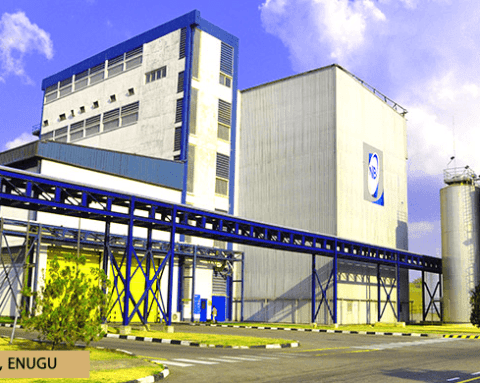As President Bola Tinubu’s administration marks its second anniversary, the Lagos Chamber of Commerce and Industry (LCCI) has recommended eight things the Federal Government must do to create a better business environment and further strengthen Nigeria’s economy.
The chamber stated that while the economic reforms embarked on by Tinubu’s administration have led to significant short-term socio-economic costs, they offer potential for long-term sustainability if properly implemented.
Join our WhatsApp ChannelIt noted that Nigeria has undergone significant policy shifts in the last two years due to key economic reforms – the fuel subsidy removal, Foreign Exchange (FX) liberalization and tax reforms. These have led to a surge in the inflation rate (driven by hikes in energy costs, food insecurity, forex volatility, and weak industrial productivity).
In a statement signed by LCCI Director General, Dr Chinyere Almona, the Chamber stated that while these reforms have recorded some positive outcomes, there is a need for holistic measures to address issues of high prices impacting individuals and businesses, especially SMEs.
READ ALSO: Dangote Sugar Struggling With Production Cost, Operating Profit Drops By 48%
While expressing concerns about the rising public debt, which is at ₦144.67 trillion, with debt service still consuming over 90% of federal revenue, LCCI urged the government to consider cheaper sources of debt and deploy debt into the real economy to subsidise production.
Policy Coordination
It said there are growing concerns about policy coordination between the monetary and fiscal authorities and called for greater synergy between monetary and fiscal policies for the country to feel the positive impact of the economic interventions.
“The Central Bank of Nigeria, the Ministry of Finance, and the development finance institutions should work in tandem to manage inflation without stifling productive investment,” the LCCI stated.
Strengthening the Ease of Doing Business
The group called on the authorities to create a better environment for businesses to operate, such as implementing the tax reforms recently approved by the National Assembly and many other policy reforms to eliminate multiple taxation, and also reduce operational burdens on SMEs.
READ ALSO: Nigeria First Policy: Authorities Must Address Local Production Challenges – LCCI
Targeted SME Support
The Chamber urged the Federal Government to step up targeted support for Small Scale Enterprises. This, it said, could be in the form of introducing concessionary loan schemes tied to output targets for businesses in high-impact sectors such as agro-processing, tech innovation, and light manufacturing. For financing, the LCCI recommended that specialized banks, such as the Bank of Industry, Bank of Agriculture, Development Bank of Nigeria, NEXIM Bank, and others, should be adequately funded to offer targeted financing at concessionary rates.
Improve on Infrastructure
LCCI emphasised the need for the government to accelerate investment in Infrastructure such as off-grid power supply and renewable energy solutions for industrial clusters and commercial hubs. “The proposed ₦20 trillion Renewed Hope Infrastructure Fund and the flagship projects, such as the Lagos-Calabar Coastal Highway, are promising. The execution of these initiatives must include job creation, cost-effectiveness, and robust participation in the private sector,” It stated.
Social Safety Nets
As part of measures to cushion the short-term effects of the reforms, the LCCI urged the government to expand the social safety nets by unveiling transparent social protection programmes targeted at vulnerable households, and “integrated into digital ID systems for efficiency.”
Promoting Domestic Production
The chamber also recommended incentivising domestic production through tax reliefs, export facilitation, and backward integration policies to reduce import dependency.
“While we commend the Nigeria First Policy, we urge the government to intentionally support local firms in increasing production in response to the expected demand for local goods,” LCCI stated.
Sustaining Forex Reforms
The group also urged the sustenance of reforms in the forex market to ensure transparency, which will inspire investor trust and stabilize currency flows.
It also called for deeper stakeholder engagement in the form of the Federal Government holding regular dialogue with the organised private sector, civil society, and subnationals “to ensure inclusive and sustainable economic policies.”
It concluded that “Nigeria stands at a pivotal juncture where the right mix of policy coherence, institutional reforms, and stakeholder collaboration can unlock the nation’s vast economic potential.”
Victor Ezeja is a passionate journalist with seven years of experience writing on economy, politics and energy. He holds a Master's degree in Mass Communication.














